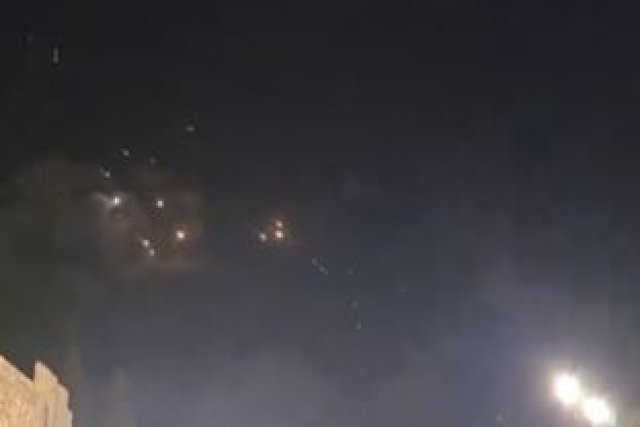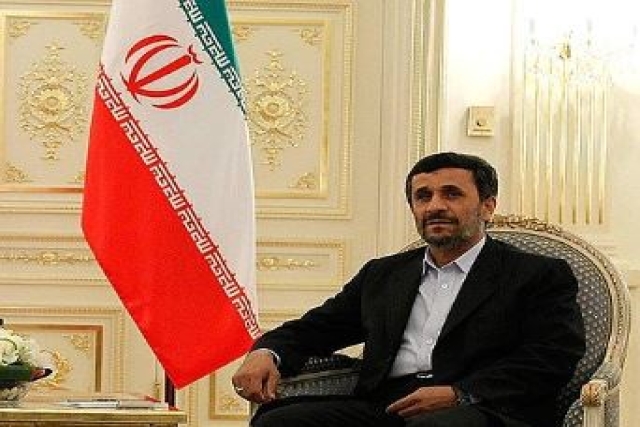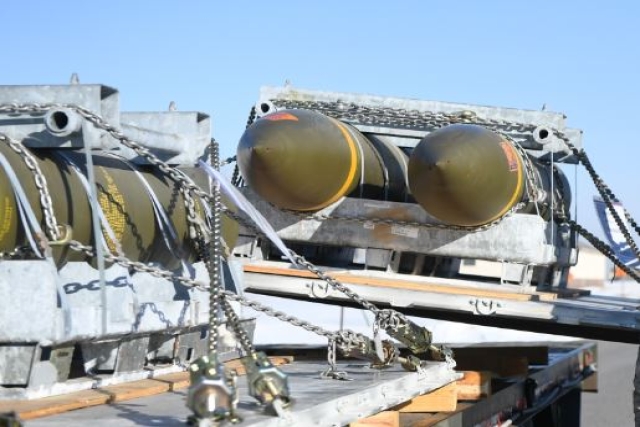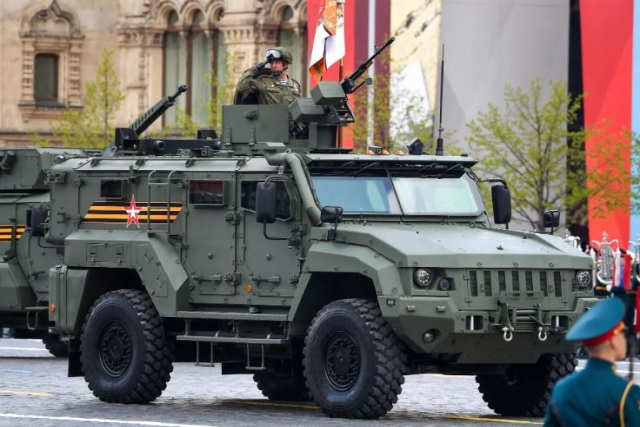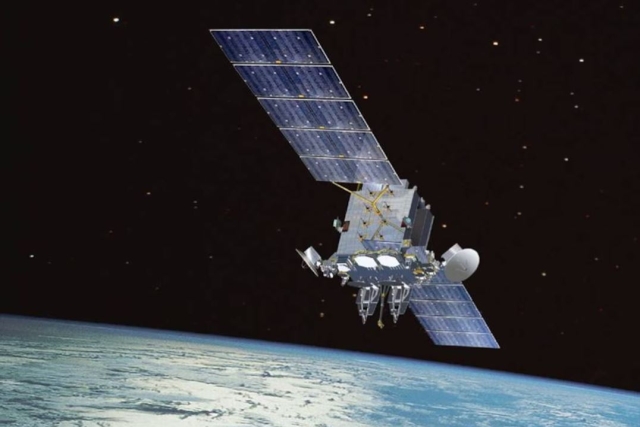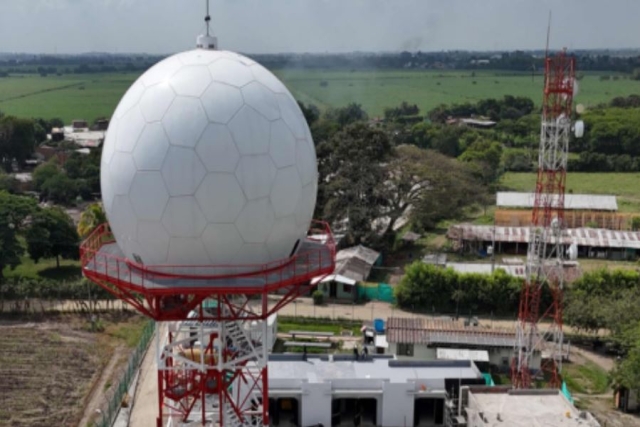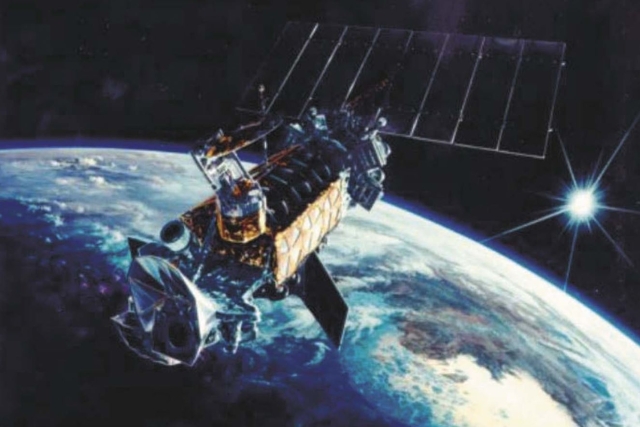Iran Releases Info on Missiles Used in ‘Operation True Promise-II’ against Israel
IRGC confirms use of Ghadr, Emad, and Fattah missiles in missile strikes targeting Israeli military sites.
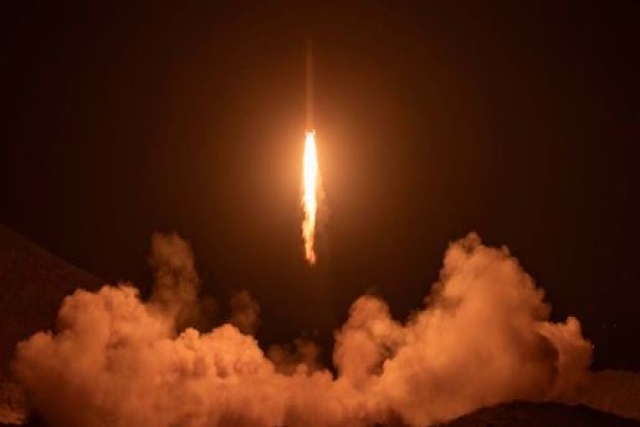
The Islamic Revolution Guard Corps (IRGC) stated that it used Ghadr, Emad, and Fattah missiles in airstrikes targeting Israel in response to the latter's killing of key figures, including Hamas chief Ismail Haniyeh, Hezbollah leader Sayyed Hassan Nasrallah, and Iranian commander Abbas Nilforoushan.
The operation, known as "Operation True Promise-II," involved the deployment of several missile types, including Ghadr, Emad, and Fattah hypersonic missiles. According to Iranian sources, 90% of the missiles hit their intended targets.
The missile strikes, carried out over several hours, resulted in extensive damage to Israeli military and intelligence facilities in the targeted areas, as reported by Israeli media. Footage circulating online showed residents taking cover in underground shelters during the attacks. The extent of casualties is still unknown.
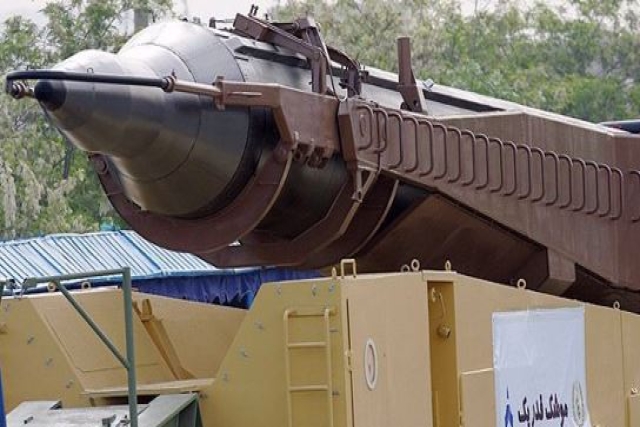
Ghadr and Emad Missiles
The Ghadr missile family, first introduced in 2005, represents an upgraded version of the Shahab-3 medium-range ballistic missile. The Ghadr is a two-stage rocket that uses a combination of liquid and solid fuel. It is produced in three variants: Ghadr-S, Ghadr-H, and Ghadr-F, with ranges of 1,350 km, 1,650 km, and 1,950 km, respectively.
The Ghadr missile, which measures up to 16.58 meters in length and weighs between 15 and 17.5 tons, has a reconfigured warhead designed to improve aerodynamics and precision. The improvements in design and guidance systems have reduced the missile's circular error probability (CEP) from 2,500 meters to between 100 and 300 meters.
The Emad missile is an enhanced version of the Ghadr missile, featuring an upgraded guidance system. It is equipped with a maneuverable warhead capable of making adjustments in-flight, improving its accuracy. The Emad has a range of 1,700 km and a CEP of 50 meters.
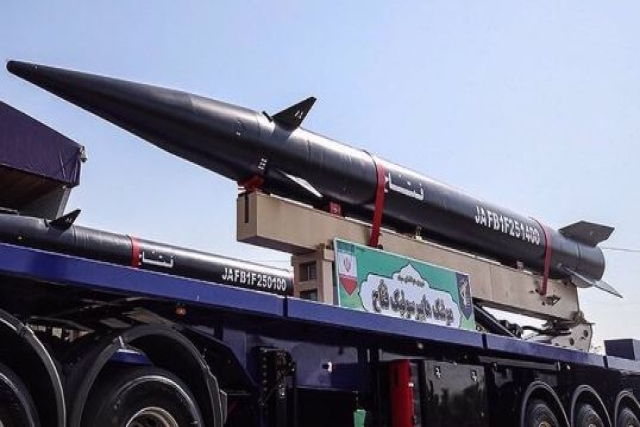
Fattah Hypersonic Missile
The Fattah-1 hypersonic missile, unveiled in June, was used in the recent operation. The missile, which is powered by solid fuel and has a range of 1,400 km, can travel at speeds of Mach 13 to 15, making it extremely difficult to intercept. Its maneuverable design, featuring movable nozzles, allows it to evade existing anti-missile systems.
The Fattah missile system includes a second version, known as Fattah-2, which features a new warhead design capable of carrying a gliding warhead, adding a hypersonic cruise glide capability to its profile. This makes the Fattah-2 distinct in its ability to maintain high speeds while maneuvering in-flight.
The IRGC's use of the Ghadr, Emad, and Fattah missiles in Operation True Promise-II highlights Iran's evolving missile capabilities, specifically in terms of precision and the deployment of advanced hypersonic technology.
